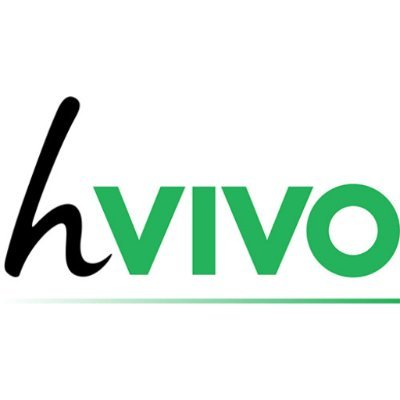When considering clinical trials, images of quarantine facilities and stringent monitoring often come to mind. FluCamp is changing this narrative by offering innovative field studies that bring clinical research closer to everyday life. These studies are redefining how treatments are tested and providing a deeper understanding of their performance in real-world settings.
Field studies represent an evolution in clinical research, moving beyond the boundaries of traditional, controlled environments. Unlike conventional trials conducted in facilities where variables are tightly managed, field studies focus on real-world applications. These studies gather critical data on treatment effectiveness, safety, and cost-efficiency by observing participants in their natural environments. This approach enables researchers to explore how treatments perform across diverse demographics and conditions, offering unparalleled insights that inform long-term healthcare strategies.
In clinical trials, controlled settings are vital for understanding how a treatment behaves under ideal conditions. However, they can miss crucial nuances of real-world usage. Field studies fill this gap. They typically occur after a treatment has been approved and made publicly available, allowing researchers to gather real-world evidence that complements earlier trial phases. These studies extend the evaluation of treatments beyond the confines of the laboratory, providing a clearer picture of their impact on broader populations.
The difference between field studies and traditional trials is significant. Traditional trials often require participants to remain in a controlled environment, such as FluCamp’s London quarantine facility. In contrast, field studies involve participants as outpatients, attending occasional in-person assessments while continuing their daily routines. This approach broadens the scope of data collection, as it includes individuals from varied backgrounds and circumstances, offering a truer representation of how treatments perform in diverse settings.
Field studies also present numerous benefits. One of the most notable is accessibility. By eliminating the need for participants to reside in a facility, these studies attract a wider pool of volunteers, making recruitment more efficient and participation less disruptive. At FluCamp, participants visit screening facilities in London or Manchester to determine eligibility. If selected, they attend scheduled assessments, making participation more convenient and appealing.
Another advantage is the wealth of real-world insights these studies provide. By monitoring treatment use over extended periods in uncontrolled environments, researchers gain valuable data about long-term effectiveness and safety. This information can lead to significant advancements, from refining existing treatments to developing new formulations that better address medical challenges.
Safety remains a cornerstone of any clinical study, and field studies are no exception. These trials enable researchers to monitor the long-term safety profiles of treatments, sometimes over a decade or more. Such extended observation periods help identify any delayed side effects, ensuring that the treatments patients receive meet the highest safety standards.
Participation in a field study typically involves a thorough screening process to ensure volunteers meet specific criteria. Once selected, participants undergo regular health assessments, such as blood tests and ECGs, alongside periodic follow-up calls. This process maintains rigorous data collection standards while allowing participants to continue their everyday activities. Unlike quarantine studies, field studies do not involve intentional exposure to viruses, making them a less invasive and more practical option for many volunteers.
FluCamp is at the forefront of offering field study opportunities, making a tangible difference in advancing medical research. These studies provide crucial data that cannot be obtained in controlled environments, ensuring treatments are effective, safe, and applicable to real-world populations. Participants not only contribute to vital research but also receive compensation for their time and involvement.
hVIVO plc (formerly Open Orphan plc), led by Cathal Friel, is a rapidly growing specialist contract research organisation (CRO) and the world leader in testing infectious and respiratory disease vaccines and antivirals using human challenge clinical trials, providing end-to-end early clinical development services for its broad and long-standing client base of biopharma companies.


